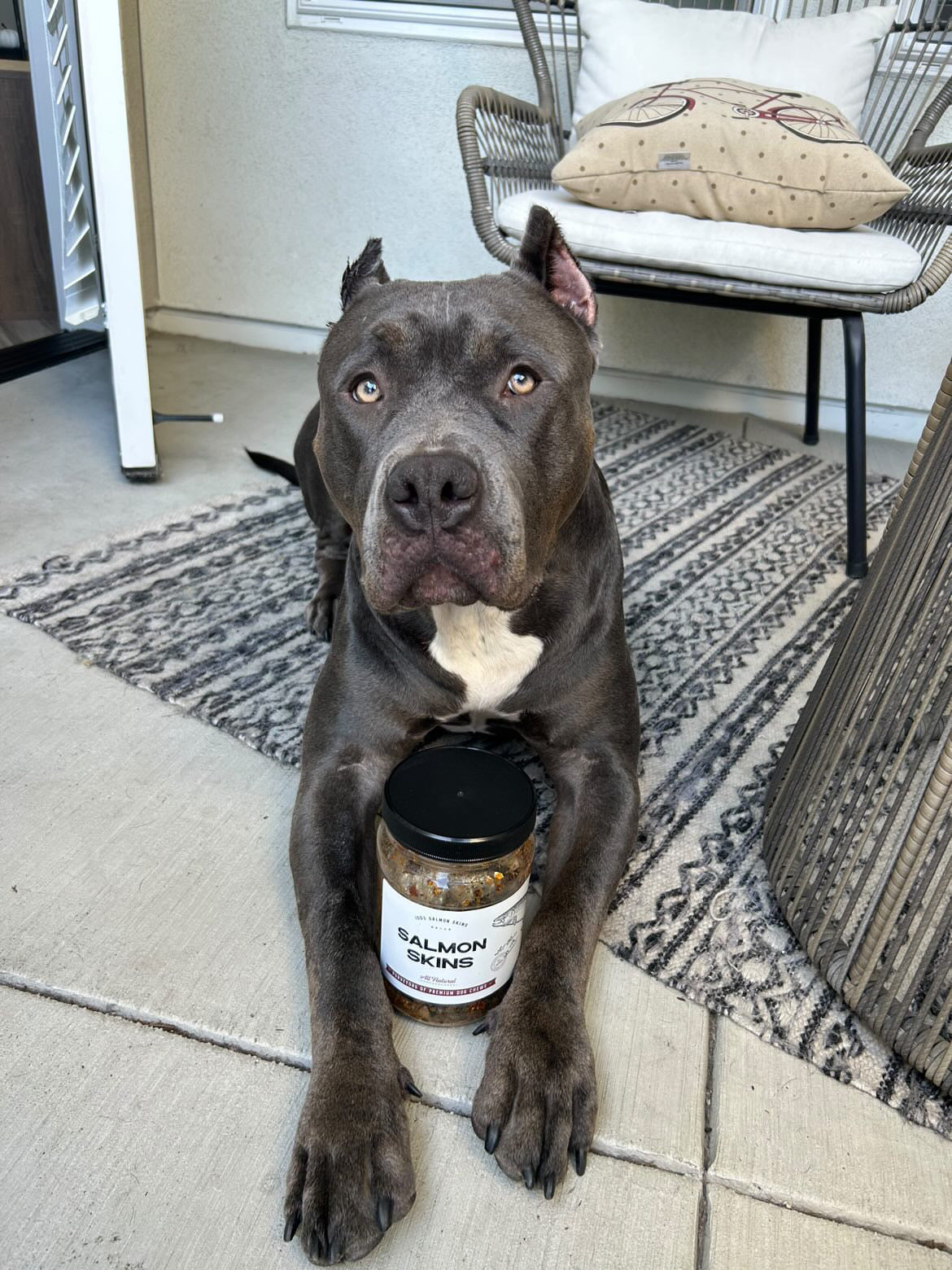Are Mushrooms Safe For My Dog?
There are mushrooms that can you harm your dogs, think the white pest you see growing in your yard. The mushrooms that you find outside can be poisonous to your dog. These wild, toxic mushrooms can cause detrimental effects. According to Pet Health Network, there are only about 100 types of poisonous mushrooms but they are hard to identify. So better safe than sorry, just avoid the wild ones.
However, there are mushrooms that are totally safe for your dog. Medicinal mushrooms can promote healing and provide numerous health benefits. Knowing which mushrooms you can feed your dog is the key
The Healing Powers of Medicinal Mushrooms
Mushrooms aren’t anything new, however they are becoming a superfood for both dogs and humans. Our ancestors have been using them for years not only as a food source, but as medicine. Before the pharmaceutical age, those who could use botanicals or adaptogens as medicine were the ones to survive. The knowledge of our ancestors has resurfaced for healing purposes.
The first time a fungi’s beneficial properties were identified and extracted was in 1928 to make penicillin. Since then many other antibiotics have been discovered that use the antibacterial and antiviral properties of fungi.
Medicinal Mushrooms serve four functions including prevention, regeneration, protection, and intervention. Mushrooms have a complex make up including beta glucans and polysaccharides allowing them their multitude of benefits.
Benefits of Mushrooms
- Cancer Prevention and Treatment
- Weight Control/Diabetes Management
- Immune Support
- Regulate Blood Pressure
- Relieve Allergies
- Anti-bacterial, Anti-viral, & Anti-inflammatory
- Cell Regeneration
- Prevent Heart Disease
- Vitamins and Minerals including selenium which can’t be found in plants
- Protein Source
- Improves Brain Health
What Mushrooms Should I Feed My Dog?
While you can go buy store bought mushrooms for your dinner and feed some to the dog, the best mushrooms to give your dog are reishi, shitake, turkey tail, maitake, and cordyceps. Each mushroom contains different healing properties. We add a mushroom complex to our products to ensure that no matter the ailment, your dog will be given something to help.
There is plenty of research on the saying ‘you are what you eat’, but research is lacking in the area of “superfoods”. What we know as that they can only increase our dog’s livelihood and overall health. The best way to find out if mushrooms are going to improve your dog are to give them a try. Always do your research, but I hope this article has helped you learn why you should add mushrooms to your dog’s diet.
Additional References and Studies
https://www.ncbi.nlm.nih.gov/pmc/articles/PMC4684114/
https://www.ncbi.nlm.nih.gov/pmc/articles/PMC5302426/
https://www.worldatlas.com/articles/medicinal-mushrooms-history-and-usages.html







1 comment
This is good information. What specific products of Jack’s contain the mushroom complex mentioned in your article?